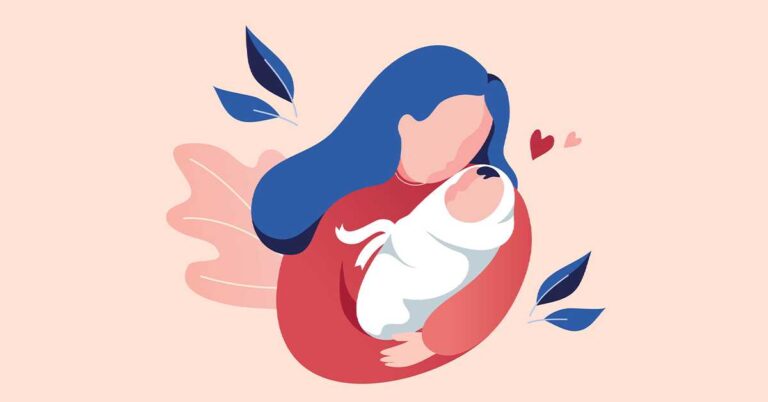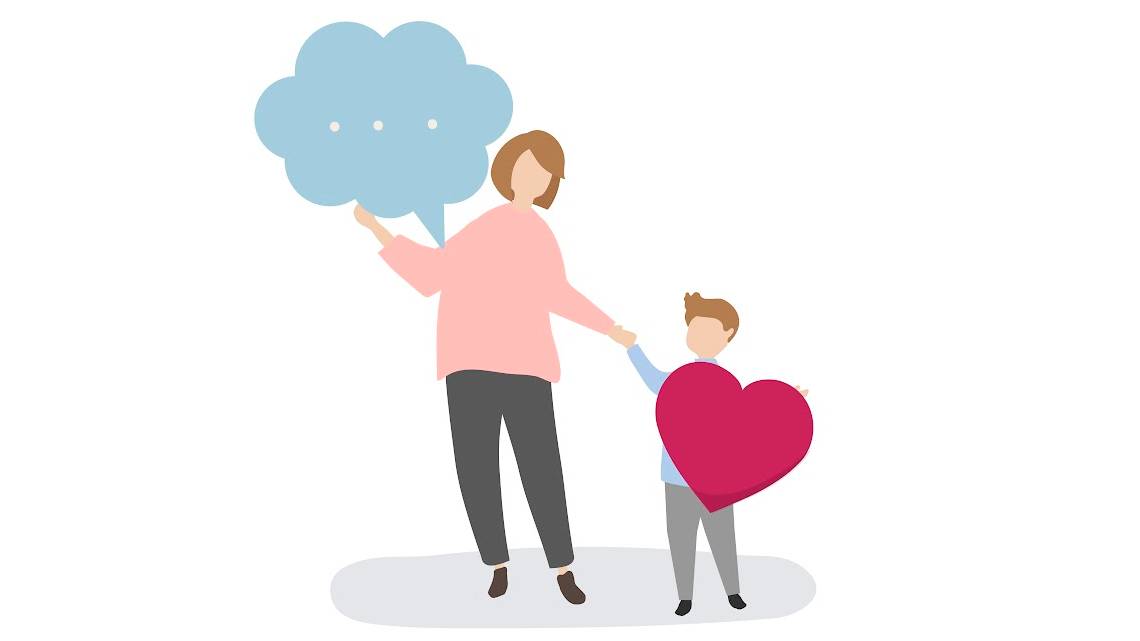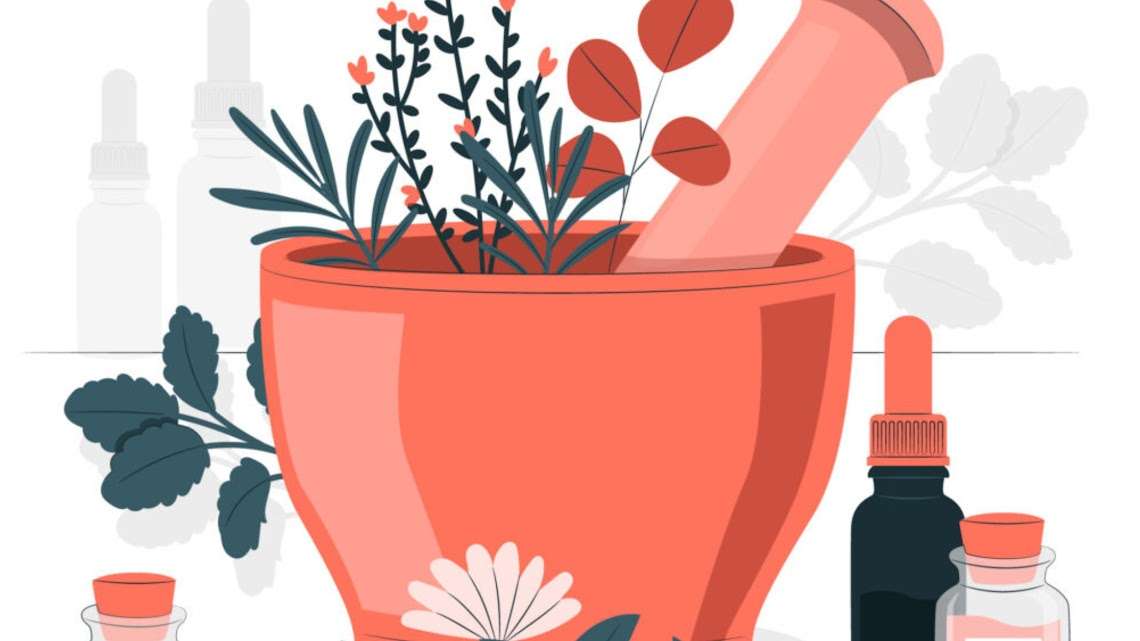
May is recognized as Maternal Mental Health Awareness Month, a time dedicated to raising awareness about perinatal depression, which encompasses prenatal depression and postpartum depression.
According to the World Health Organization (WHO, 2022), approximately 10% of pregnant women and 13% of women who have recently given birth face mental health challenges, primarily in the form of depression.
However, a more recent study suggests even higher prevalence rates, with prenatal depression affecting 28.5% of women and postpartum depression affecting 27.6% of women (Al-abri et al., 2023).
In Hong Kong, perinatal depression is also a pressing issue, although precise statistics may vary. Ongoing studies aim to determine the prevalence and impact of perinatal depression on women in Hong Kong, providing valuable insights into this widespread concern.
Many factors can contribute to perinatal depression, such as genetics, stressful life events, and unresolved childhood wounds. Hong Kong’s 14-week maternity leave policy can have an impact on the maternal mental health of working mothers too. The deep bonding and biological changes that occur between a mother and her infant create a challenging dynamic when it comes to separation. Mothers’ brains are naturally wired to be hyper-attuned and sensitive to their babies’ cues, making it difficult to easily part from their infants.
Whether you or someone you know is a pregnant or new mother, it is important to recognise the signs and symptoms of perinatal depression and seek timely support.
What is prenatal depression?
Prenatal depression is depression that happens during pregnancy.
While some mood changes are normal in pregnancy, symptoms of prenatal depression can include
- Feelings of Sadness and/or Hopelessness
- Low Mood
- An inability to experience pleasure from previously enjoyable experiences
Multiple factors can impact a pregnant woman’s mental health. As wonderful an experience it may be for some, for others it can be more challenging. These challenges can include morning sickness or complications such as gestational diabetes, as well as multiple other physical, mental and emotional concerns. There may be concerns for the wellbeing of the child, such as the fear of miscarriage during the first trimester, which for women who have experienced previous miscarriages can continue throughout their pregnancy. Mothers-to-be may be concerned for their own wellbeing and safety too, particularly if there have been prior complications in pregnancy or childbirth.
Yet, all too often, expectant mothers are told pregnancy is the best time of their lives – a time to enjoy the peace and quiet and get as much as sleep as they can now. That, and the unsolicited horror stories about labour and the challenges of raising a child, can make mothers feel unheard and unseen and cause unnecessary anxiety.
If you think you may have depression in pregnancy, it is important to talk to your obstetrician, midwife, family doctor or mental health professional for support.
What are the baby blues?
For all mothers, and particularly first-time mothers, the psychological impact is huge.
Chemically, the hormonal changes that occur during pregnancy and after childbirth represent one of the most significant transformations within a relatively short period in a person’s life. This hormonal fluctuation can contribute to what is commonly referred to as “baby blues.”
Much like prenatal depression, symptoms of the baby blues can include
- Feelings of Sadness and/or Hopelessness
- Low Mood
- Heavy sense of overwhelm
- An inability to experience pleasure from previously enjoyable experiences
The baby blues can be further triggered or exacerbated by the experience of having a new baby contradicting what you imagined: you may feel tremendous joy and overwhelmed by the intensity of love for your child or you may feel not yet bonded with your baby for it can take time to establish a bond. You may feel trapped and exhausted by the tremendous responsibility particularly if you are a first-time parent. Added to that are challenges like the physical discomfort, sleep deprivation, breast engorgement, unsolicited advice from family and friends, and anxiety about whether you are making the right decisions for your baby.
Considering all these, no wonder new mothers feel overwhelmed, and it is normal. It is important to show kindness and compassion to yourself and ask for help if needed.

What is postpartum depression?
You may be wondering “What is the difference between baby blues and postpartum depression?”. The difference between baby blues and postpartum depression, which affects around 13-19% of new mothers (Family Health Service, 2023) is the intensity, persistency, and degree to which it affects day-to-day functioning. If the symptoms of baby blues persist for more than two weeks or begin two weeks after the birth of your baby, it is important to reach out for support.
Many women do not realise they have postpartum depression because it can develop gradually – typically in the first six weeks through to the first year postpartum.
Symptoms of postpartum depression can vary, but may include
- persistent feelings of sadness
- general low mood
- diminished sense of enjoyment and interest in the surrounding world
- continuous fatigue
- lack of energy
- challenges in taking care of oneself and the baby
- withdrawal from social interactions
- irritability and/or anger
- alterations in appetite or sleep patterns
- difficulties in forming a bond with the baby
- distressing thoughts that may involve self-harm or harm to the baby
If you are experiencing symptoms of postpartum depression, please remember depression is a condition that can happen in life like any other. The earlier you receive the right support, the easier it will be for you to feel like yourself again. You may wish to speak to your family doctor, the nurses from your hospital or Maternal and Child Health Centre or a mental health professional.
Depression is not anyone’s fault; rather, it can be a complex interplay of multiple factors. If you or someone you know is experiencing perinatal depression, it is important to remember mothers are doing their best in the face of hormonal changes, stress, and other life factors, and to reach out for support accordingly. May we be compassionate to ourselves and others during this challenging period.
Photo Credits:
First image: Istockphotos pc: Irina_Qiwi
Second image: Istock pc: paulaphoto
References
Al-Abri, K., Edge, D., & Armitage, C. J. (2023). Prevalence and correlates of perinatal depression. Social psychiatry and psychiatric epidemiology, 58(11), 1581–1590. https://doi.org/10.1007/s00127-022-02386-9
World Health Organisation. (2022). Launch of the WHO guide for integration of perinatal mental health in maternal and child health services. https://www.who.int/news/item/19-09-2022-launch-of-the-who-guide-for-integration-of-perinatal-mental-health#:~:text=Almost%201%20in%205%20women,undertake%20acts%20of%20self%2Dharm.
Family Health Service. (2023). Woman Health: Antenatal and postnatal mental health. Department of Health, The Government of the Hong Kong Special Administrative Region.

Whitney Yeung
About the author
Whitney Yeung of IMI-Integrated Medicine Institute is a registered counselling psychologist with the Hong Kong Psychological Society and the Health and Care Professions Council (UK) and a qualified Newborn Behavioral Observation (NBO) practitioner. Available for online consultations, Whitney is passionate about supporting parents, particularly those who are in the process of preparing for parenthood or have recently become new parents, along with their children during the early years.
Recently Added
Parental mental health plays a monumental role in a child’s social, emotional, behavioural and psychological development. Parents and caregivers are central to …
Generation Z, popularly known as Gen-Z, is the class of individuals born between 1996 and 2010. These individuals were born directly into …
Adaptogens are a class of natural herbs, roots, and mushrooms that assist the body in adapting to stressors in the environment. These …




